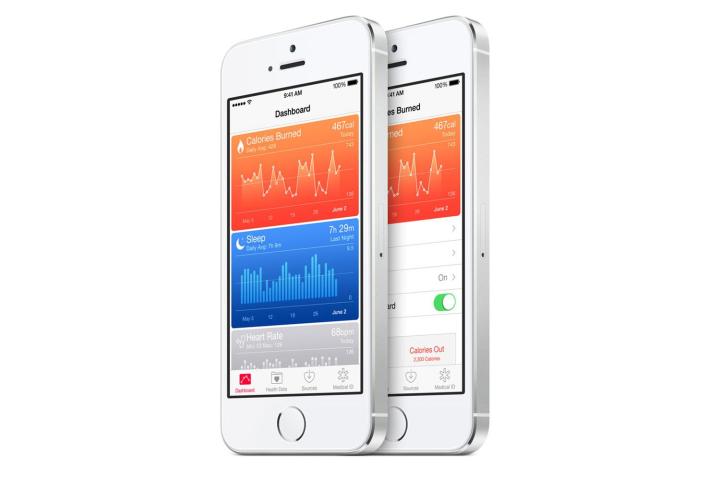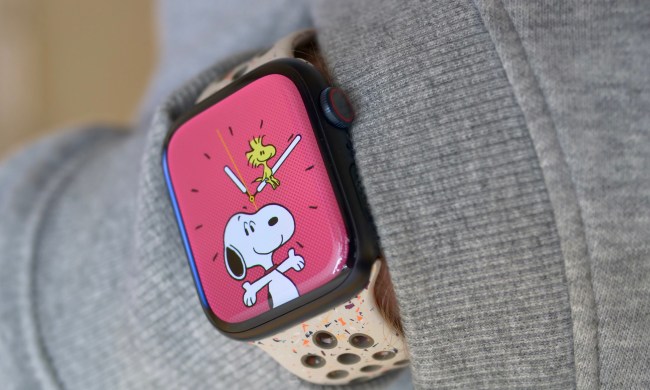
Related: Apple unveils health-focused push with HealthKit and Mayo Clinic partnership
If Apple manages to get hospitals to partner with its app, HealthKit could be used as a health monitoring resource for both patients and doctors.
Apple is in talks with Mount Sinai, Cleveland Clinic, and John Hopkins hospital, as well as electronic health records companies Allscripts and Epic Systems, according to Reuters. It hopes to sway these major players in the health industry to its side, but these talks also concern the best way to make HealthKit work effectively for iOS users.
The app aims to aggregate and track all a user’s health and fitness data in one easy-to-read app. If Apple manages to get hospitals to partner with its app, HealthKit could be used as a health monitoring resource for both patients and doctors.
Patients will be able to actually see if they are meeting their wellness goals and in turn, doctors will be able to access patient data at any given time, offer more accurate recommendations, and keep patients on track.
Apple currently has a similar relationship with the Mayo Clinic, so patients whose doctors work there will receive push notifications when results are abnormal, there needs to be a follow up, and so on. Its partnership with Nike is more fitness-based, but involves the same openness with user data between the two companies. Meanwhile, Epic will use data from HealthKit to generate patients records with its software. The resulting MyChart personal health record should help doctors make more accurate diagnoses and recommendations to their patients.
Related: Watch George Takei get a full physical exam from a smartphone
Of course, sharing patients’ data between several different companies, apps, and parties isn’t easy. Depending on what information is shared, by whom, and how, Apple and its partners could fall under the Health Insurance Portability and Accountability Act (HIPAA). HIPAA is intended to protect patient data and information, such as bills and medical records, as it moves from the databases of a “coveted entity” like a health plan or insurance company, to an app or vice versa. The patients’ private data must be protected according to the law’s specific standards.
Apple may run into trouble with federal laws and regulation, but the company has already hired a fleet of lawyers and experts on the matter to advise company executive son how best to proceed with its plans for health data domination.


